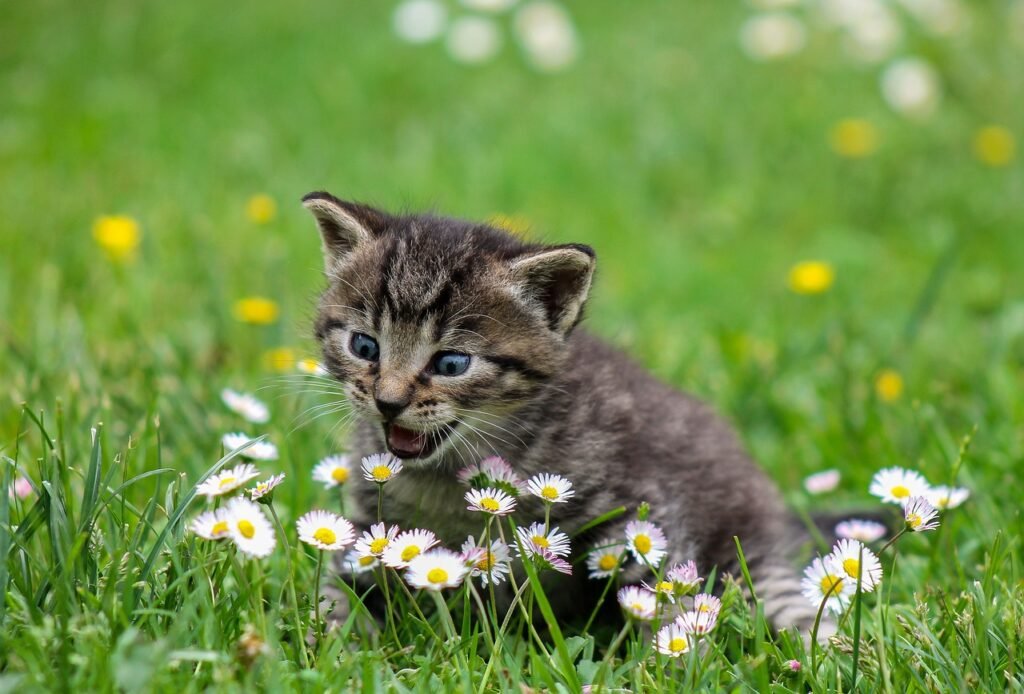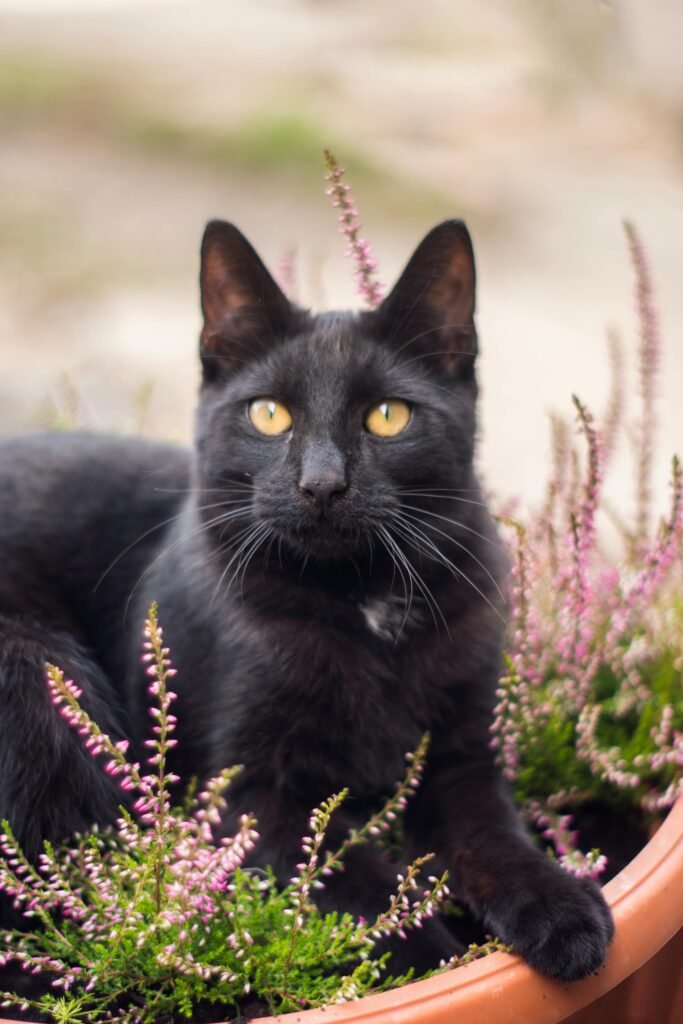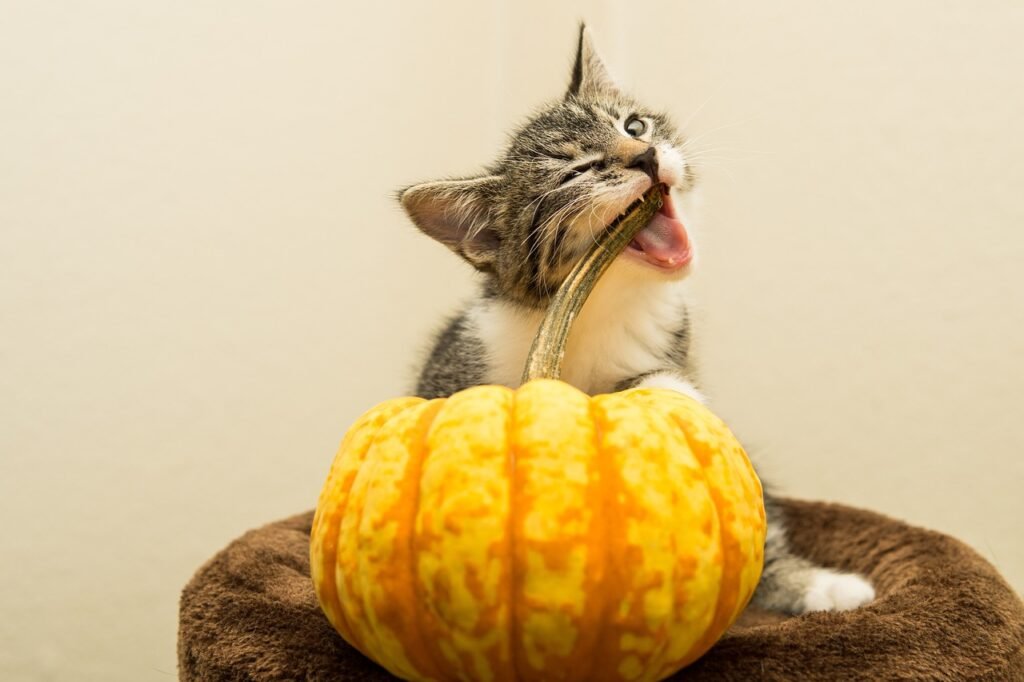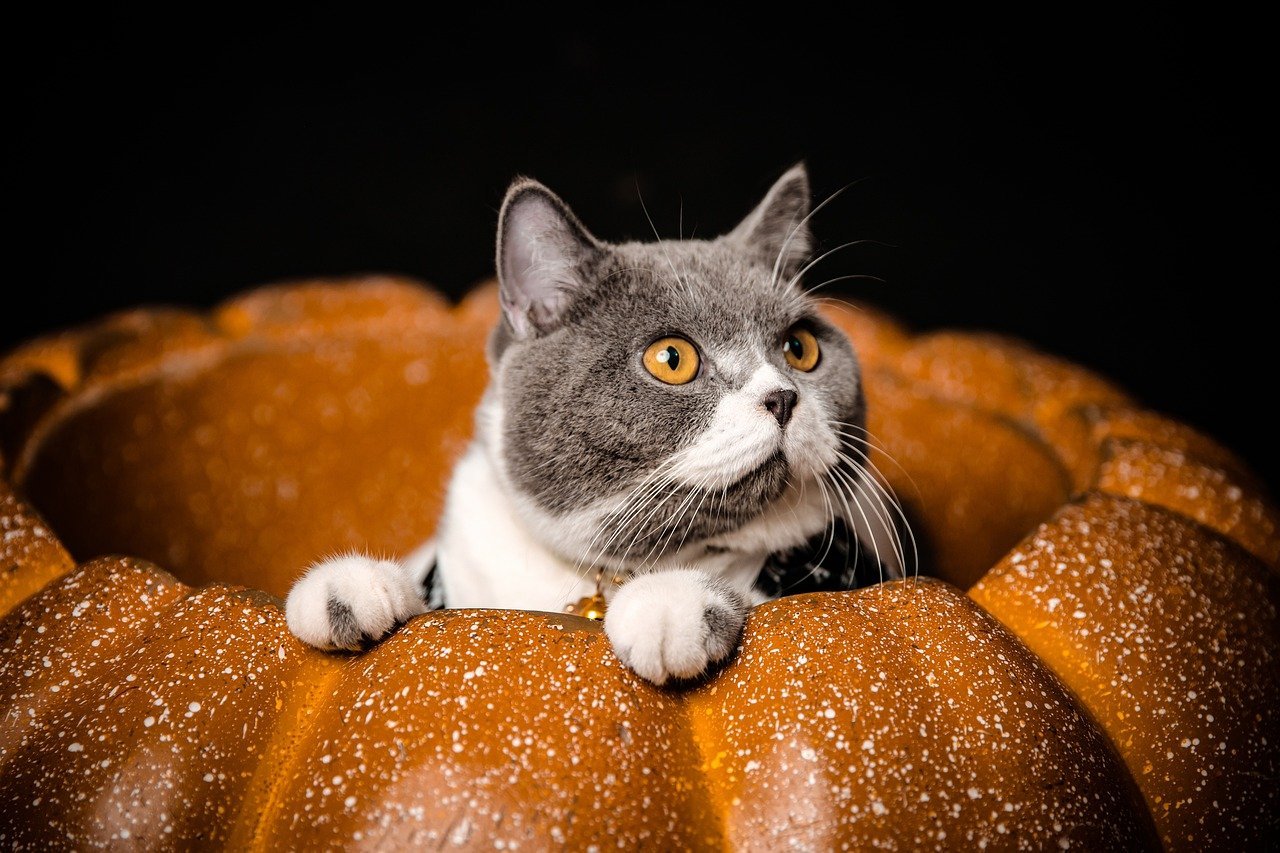As a cat owner, you want the best for your furry friend. When it comes to their health, many cat parents are turning to natural remedies for Cats for a more holistic approach. Whether you’re dealing with minor ailments or looking for ways to boost your cat’s overall well-being, natural treatments can provide safe and effective solutions. In this post, we’ll explore some popular and well-researched natural remedies for cats that address common issues. Always check with your Veterinarian since each cat has individuals needs.
Table of Contents

Why Choose Natural Remedies for Cats?
Natural remedies for Cats are becoming more popular among pet owners for good reasons. They often:
- Have fewer side effects than pharmaceuticals.
- Are easily accessible and affordable.
- Support overall wellness, not just specific symptoms.
NOTE: However, always consult your vet before introducing new natural remedies for cats. Especially if your cat has existing health conditions.
Herbal Supplements

Herbs are a great way to naturally boost your cat’s health. Here are a few that are commonly used for specific issues:
- Catnip: While known for its playful effects, catnip can also help reduce anxiety in cats.
- Chamomile: Safe in small doses, chamomile can calm upset stomachs and soothe skin irritations. It also helps to relieve nervousness and anxiety naturally for both cats and dogs.
- Echinacea: Often used to boost the immune system, echinacea can help with upper respiratory infections, kennel cough and pet asthma.
Note: Always use herbs specifically prepared for cats, as some human-grade herbs can be toxic.
Rescue Remedy for Cats: I’ve been using Rescue Remedy for a while now, and I’ve noticed a big difference in my cats’ anxiety levels.
Rescue Remedy is a natural calming solution made from a combination of flower essences. It’s designed to help reduce stress in animals, and (Tip) I find that it works best when given orally (rather than mixed with food).
Pros:
- It’s natural, so I feel good about using it regularly.
- Easy to give, especially if your cat will accept it orally.
- Helps reduce signs of stress in situations like vet visits or traveling.
Cons:
- Some cats may not like the taste.
- It may not be as effective when mixed with food, in my experience.
Overall, it’s been a great tool in helping my kitties stay calm when they need a little extra support.
Rescue Remedy is also available for adults, and it’s used for similar calming purposes—whether you’re feeling anxious, stressed, or overwhelmed.
The adult version is made from the same blend of flower essences (Rock Rose, Impatiens, Clematis, Star of Bethlehem, and Cherry Plum), but there’s a key difference: the adult formula often contains alcohol as a preservative, which makes it unsafe for pets. So, while Rescue Remedy for humans can be a great natural stress reliever, be sure to only use the pet version for your cats! Never give your pet the adult formula, as alcohol can be harmful to animals.
Natural Flea Remedies
Instead of chemical-based flea treatments, consider these safer alternatives:
- Diatomaceous Earth for Fleas: A fine powder ( Fossilized diatoms, microscopic algae-like organisms ) that is safe for cats and can be applied to their fur or around the home to kill fleas. Do not inhale. And very important to purchase Diatomaceous Earth that is Food Grade. Ive been using Diatomaceous Earth (food Grade) on my fur babies for a few months now, and they’ve been completely flea-free! I apply a small amount to the back of their necks and gently brush it in. Just be careful not to inhale it or let your cats breath it in. For a step-by-step guide, check out my short video on Tik Tok on how I apply it safely to Mila, my furry baby!
- Cedar Oil: A natural flea repellent that can be lightly sprayed on your cat’s bedding (avoid direct application on your cat unless recommended by a vet).
- Apple Cider Vinegar: Diluted in water, apple cider vinegar can be used as a spray to repel fleas. It’s important to choose one that is raw, unfiltered and unpasteurized with the mother.

Essential Oils: Use with Caution
While some essential oils can be dangerous for cats, others, when used properly, can offer benefits:
- Lavender oil: Lavender is such a wonderful essential oil with calming properties, and when used properly, it can be a real game-changer for both your cat and you! For cats, lavender can help reduce anxiety and stress, which is perfect for those times when you’re heading to the vet or dealing with changes in the house. I personally like to use a lavender spray for cats whenever I take my cats to the vet. Not only does it help calm them down, but it also keeps mosquitoes away from my fur babies, especially in the warmer months when those pesky bugs are out in full force. It’s a win-win! But let’s not forget about us pet parents! Lavender is also great for reducing stress, improving sleep, and keeping those mosquitoes at bay for us too. I often diffuse lavender at home to keep the atmosphere calm and peaceful. It’s such a gentle, natural way to create a soothing environment for both you and your cat. Remember, though, always make sure the lavender oil is well-diluted and use it in a diffuser or as a spray designed for pets. Never apply it directly to your cat. How to use: A small amount, diluted in a diffuser, may help reduce stress and anxiety in cats and you. Never apply it directly to their skin or fur.
- Frankincense: Sometimes used for inflammation or pain relief, but always consult a vet before use.
- Diffusion: Tip: Using a diffuser to disperse the oil in a well ventilated area can be a safer option. Ensure the room is well ventilated and that your cat can leave the area if they choose. Use the diffuser for short periods to avoid overwhelming your cat with the scent.
Natural Remedies for Cats: Digestive Issues

Digestive problems are common in cats, but there are some safe and natural ways to help:
- Pumpkin: Rich in fiber, a small spoonful of pure canned pumpkin can aid with constipation or diarrhea.
- Probiotics: Natural probiotics designed for cats can support digestive health and improve gut flora. Tip: I’ve noticed that if I give probiotics to my senior cat, Ben, more than once, he tends to get mild diarrhea. Once I stop giving it to him, the issue clears up. My younger cats, on the other hand, seem to tolerate probiotics quite well
How to Care for Minor Cat Wounds
Tip: Caring for minor wounds on your cat is simple and can be done at home with a few basic steps. First, gently clean the affected area with a mild antiseptic solution or warm water to remove any dirt or debris. After cleaning, apply a cat-safe antiseptic ointment, such as one containing calendula, to help speed up healing and prevent infection. Keep your cat from licking the wound by using an Elizabethan collar if necessary, and monitor the area closely for any signs of infection, such as swelling or discharge. If the wound doesn’t improve or seems to worsen, consult your veterinarian.
For minor cuts or scrapes, these natural remedies for cats solutions may promote healing:
- Vetericyn Plus Cat Wound Care Spray for Cats: Effective wound healing: Promotes faster healing of wounds, sores and abrasions. Soothes irritated skin: Provides relief for itchy and irritated skin. Safe and Gentle: Although this might not be a natural remedy for cats it is designed specifically for cats with no harmful chemicals. Veterinarian recommended and it’s over the counter. Easy Application: Spray formula is simple to apply and works quickly.
- Calendula: This herb has antimicrobial properties and can be applied topically to help heal wounds or irritated skin.
Boosting Your Cat’s Immune System Naturally
Keeping your cat’s immune system strong can prevent many common health issues:
- Taurine for Cats Supplement: An essential in a cat’s diet because it supports heart health, vision, and overall well-being. Cats cannot produce taurine on their own, so they must obtain it from their diet. Pet parents should ensure that their cat food contains taurine and it’s okay to add a little more if needed. I like to sprinkle extra taurine into my cats’ food once or a couple of times a week to help maintain their eye health and ensure they receive this crucial nutrient.
- Colostrum: This supplement for both cats and dogs helps enhance the immune system and is a natural way to support overall health.
- Krill Oil Omega-3 Fatty Acids: Found in fish oil, omega-3 fatty acids krill oil can support your cat’s heart, skin, and coat health. I occasionally pierce a capsule of Krill OIl omega 3 fatty acids and add a few drops to my fur babies’ food. They love it, eat it all, and it’s very healthy for them.
- Veterinarians’ Guide to Natural Remedies for Cats: For anyone interested in natural remedies for cats, the “Veterinarians’ Guide to Natural Remedies for Cats” is an essential resource. I have this book, and it’s been incredibly helpful. It covers a broad range of topics and natural remedies, from hairballs to kidney health, all recommended by top holistic veterinarians. This book is a fantastic addition to any cat owner’s toolkit, offering safe and effective alternative treatments and healing techniques. I highly recommended it for anyone looking to enhance their cat’s well-being with natural solutions.

Conclusion
Natural remedies for cats can offer a gentle, effective way to manage common health concerns while supporting your cat’s overall well-being. However, it’s essential to approach these remedies with caution and always consult your vet before making any changes to your cat’s healthcare routine.
If you enjoyed this post, be sure to check out my article on Grooming Cat Essentials and Tips!



